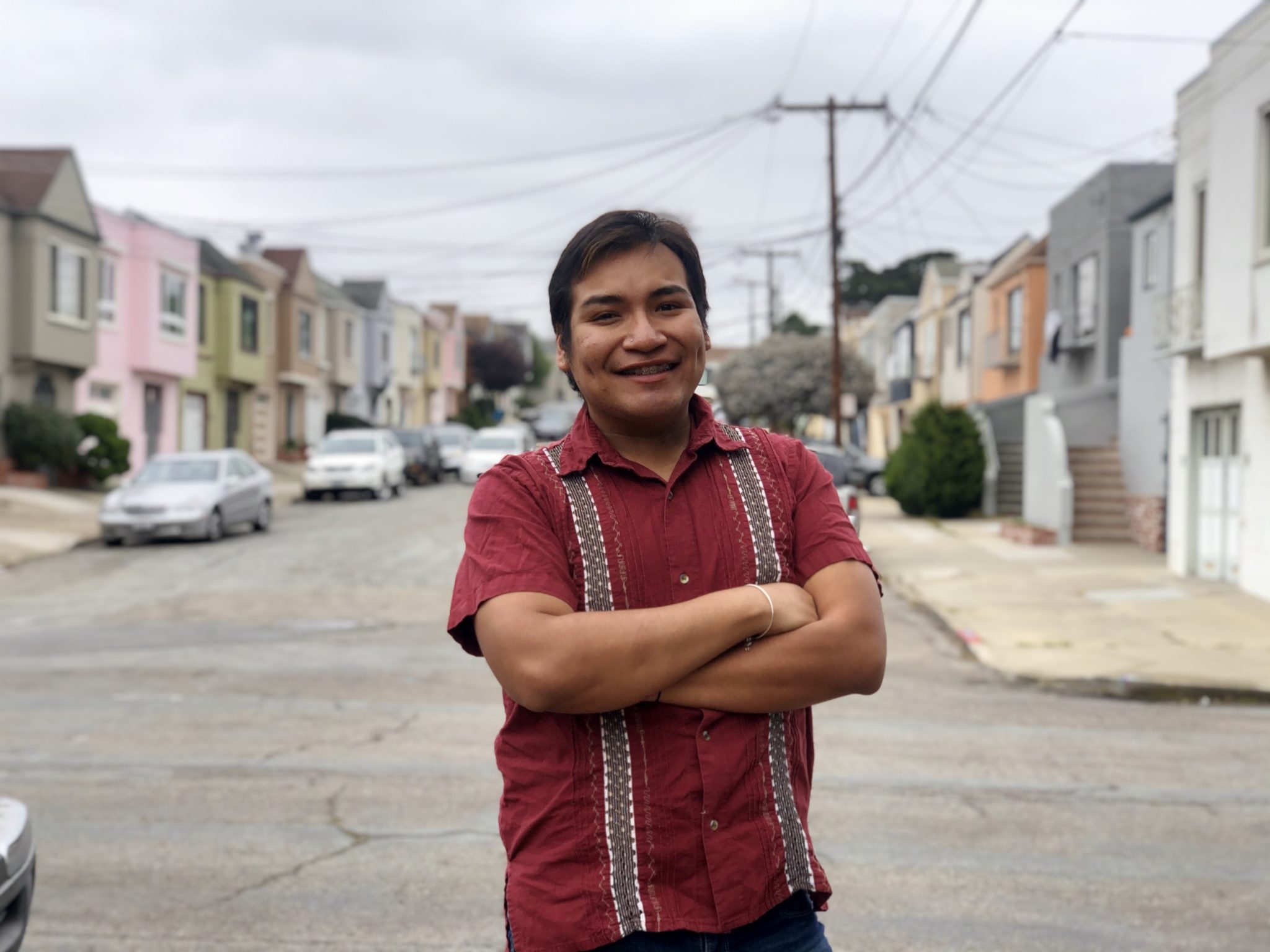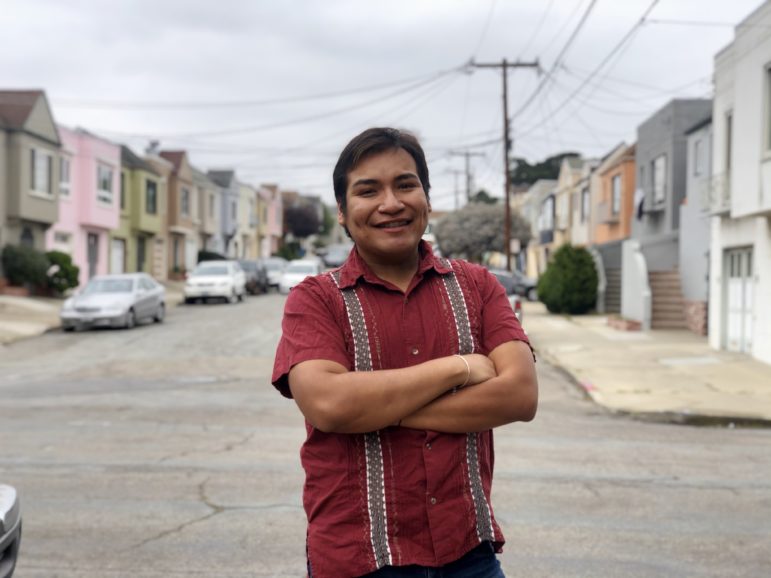

Aragon’s new Advanced Standing Modern World History teacher Erick Silva came to the U.S. from Mexico as an undocumented immigrant. He immigrated as a child and holds Deferred Action for Childhood Arrivals status, allowing him to stay in the country without the threat of deportation.
DACA was created by President Barack Obama in June 2012. As of 2018, the program provides DACA status for around 800,000 people out of an estimated 10 million undocumented immigrants currently residing in the U.S. It allows immigrants to work in the U.S. and provides them with resources such as social security numbers in order to manage finances, and in some states, a driver’s license. To maintain DACA status, there is a two-year renewable process that costs around $400.
“I’ve [probably] been fingerprinted more times than your average person, not only because I’m a teacher, but also because of DACA,” Silva said. “When it first started, you were supposed to provide evidence that you had been in the U.S. continuously. I have this fat binder of every bank account statement I’ve ever had, every card that was delivered to me.”
As the 2020 election grows closer, the fate of undocumented communities stands in question. With the Trump administration repeatedly expressing disapproval for DACA and attempting to repeal it in 2017, it is unclear whether the program will continue if President Trump serves a second term.
With the recent passing of Justice Ruth Bader Ginsburg, a 6-3 conservative majority in the Supreme Court now exists because Amy Coney Barrett was approved on Oct. 26. Since DACA is traditionally backed by Democrats, both situations seem to threaten the program.
“[I] would not just be losing DACA, but losing my income and everything that came with that,” Silva said. “Not being able to meet my car payments, not meeting my insurance payments. I was one of the people that kind of blocked [the news] out, and I didn’t give [the debate] much attention, because I knew a big aspect of this is mental health. … It’s a never-ending game.”
In June, the Supreme Court ultimately opened up the program similar to what it was in 2012. However, the hearing process wasn’t smooth.
“The date of the hearing was constantly changing,” Silva said. “It’d be like, ‘they’re gonna make a decision next week.’ So then you live that week in fear and with a bunch of anxiety, and it [gets] pushed further and further. I think for me, I had to learn to disassociate.”
One reason people are against DACA is the belief that jobs are being stolen from American citizens. Some believe border control and immigrant admittance are too loose.
“If [one] doesn’t do the research, and just goes with what they’re told, it’s easy to point fingers,” Silva said. “A lot of times, people who are struggling need to blame someone else, and the undocumented community is constantly the scapegoat. I think it’s [mainly] just prejudice [and] xenophobia.”
Some remain skeptical of undocumented immigrants. The topic is significant in politics as an increasingly partisan issue. Many argue that litigation of the action would result in huge impediments in DACA holders’ lives.
“Just like everyone else in America, we’ve formed our own identities, we’ve grown in a country that [despite how it] has alienated us,” Silva said. “Depending on your background, [we] might have been able to assimilate. Nobody knows [if] who they’re working with is undocumented.”
One reason to continue DACA is because many with DACA status arrived at a young age, meaning they lack ties to the country they were born in.
“I was [in Mexico] for five years, from birth to five, so [although] I know [Spanish], at this point, English is my predominant language,” Silva said. “I don’t have connections. I don’t know if any of my qualifications from the U.S., like my teacher credentials will transfer. I think I have a home to go to, because we [have] a house in Oaxaca, but it’s a restart. Thankfully, I’ve learned to [work hard], and I can [provide] my university and my work experience and find my way, but that’s not necessarily the case for everyone.”
Even if things do go downhill, Silva still has faith in those in a similar situation.
“Learn to love yourself and fight for yourself, reach out, give yourself love, let yourself heal and continue to grow,” Silva said. “Because, at the end of the day, the person that you answer to is yourself. How do you measure life? You don’t measure it in the amount of money you make, or the jobs you held, but rather the connections that [you] made, what you contributed, and you don’t need citizenship to do that.”



